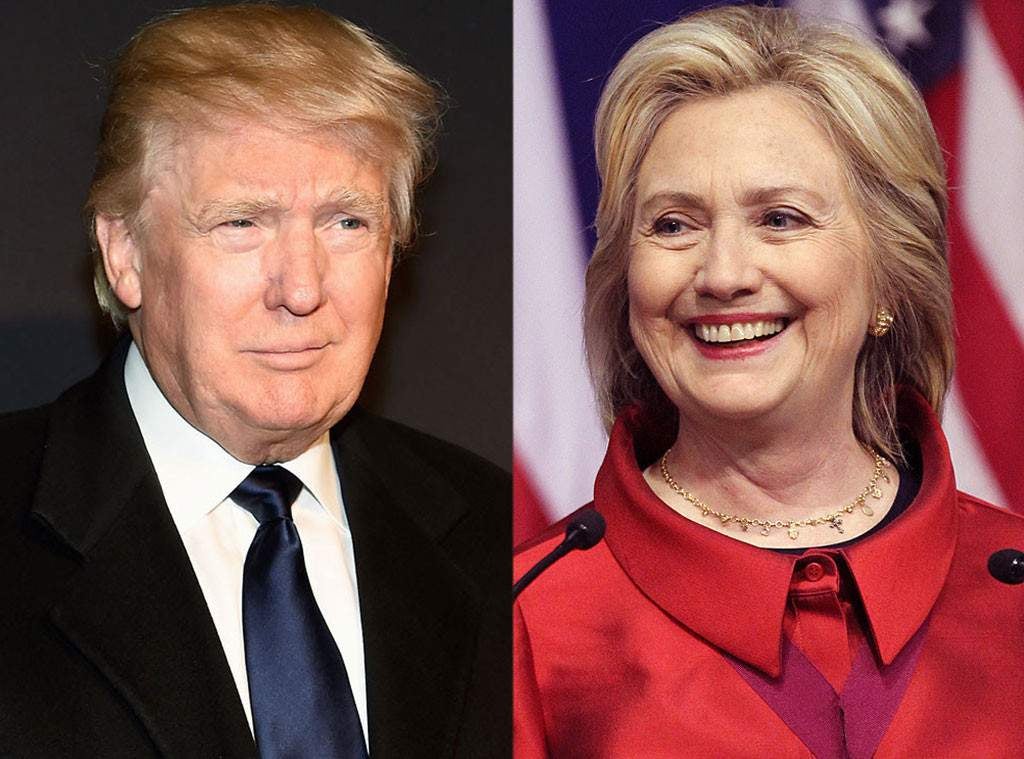
Daniel Freedman examines the prospects of a Clinton or a Trump victory and advises UK investors accordingly.
The US election is just days away, and so far the focus has been personal, rather than on the policies of either candidate. It’s not often been clear what either stands for and voters have had to wade through the rhetoric to grasp their real positioning – or at least attempt to.
Both candidates have agreed that they will spend more, but that is where their similarities end. They differ in how much and where it will be spent. Clinton wants to spend more on social welfare projects and infrastructure; her policies include an expansion of public transport and a modernisation programme of America’s dams, levees, and wastewater systems.
To pay for this, she promises to restore ‘basic fairness’ to the tax-code, ensuring that the wealthiest and the largest corporations pay their ‘fair share’. Translation: tax hikes for the wealthiest. Trump favours tax cuts, particularly for corporations: he believes this should provide a sufficient boost for his spending plans, which include infrastructure development and some social plans, such as tax breaks on childcare. Translation: big words, little meat.
Markets are nervous. Both candidates are unpopular, and whoever wins will lack widespread support – both from Congress and from the public. To date, stock markets and the US Dollar have responded more unfavourably to prospects of a Trump victory, and it seems likely that the immediate reaction to a Clinton victory would be an immediate and moderate relief rally, while a Trump victory might prompt a sell-off.
Trump’s protectionist policies – scrapping trade agreements with China and Mexico, his aggressive foreign policy approach to the Middle East, imposing tariffs on companies which import into the US – are fuelling market volatility, but on the other hand, Clinton’s record on foreign policy initiatives does not necessarily bear close scrutiny. The picture is a confusing one and economists remain mixed on the likely economic impact of either candidate.
With little to choose between the candidates from a policy perspective, aside from the wild claims Trump has made that have already rocked some investors, the outcome that seems most likely is a long term period of political instability in the States. Trump has rallied support by decrying the American political elite – calling out the old school system that keeps the privileged few in power and prevents any real change.
This is something that has captured the attention of a lot of voters and is likely to have implications beyond this election, whatever the outcome. Much like we’ve seen factions in the main UK parties bring chaos to Parliament and the party conferences this year, so the issues of political elitism are likely to be manifest in the States for some time.
For US citizens abroad, who I’ve worked with for over 25 years, the lack of certainty and the murky future are a genuine concern regardless of which candidate they favour. How tax for people living in the UK or Europe will change and what might happen to their citizenship – these are real issues that are concerning US families over here right now, and ones that won’t be any clearer on November 9.
Where does this leave investors? The election itself should have relatively little long-term impact on the outlook for companies. We are suggesting to our US clients that they stick with ‘safety-first’ companies with a stable outlook: companies such as Coca-Cola, Proctor & Gamble or Unilever.
Investors would also be well-advised to avoid companies which are vulnerable to changes in the economic outlook, or that may be influenced by significant changes in policy, such as oil companies.
I suspect November 9 will bring little immediate clarity – we can expect the markets to react, but again, as we’ve seen with Brexit in the UK, it’s likely to be a period of volatility that we need to ride out.
Daniel Freedman is the managing director and founder of London & Capital






